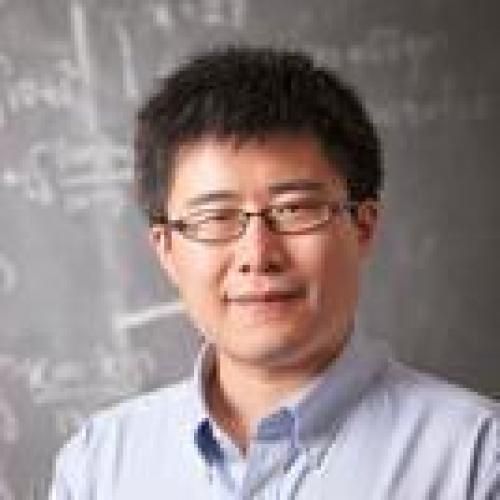
Improving the Accuracy of Variational Quantum Eigensolvers with Fewer Qubits Using Orbital Optimization.
Near-term quantum computers will be limited in the number of qubits on which they can process information as well as the depth of the circuits that they can coherently carry out. To date, experimental demonstrations of algorithms such as the Variational Quantum Eigensolver (VQE) have been limited to small molecules using minimal basis sets for this reason. In this work we propose incorporating an orbital optimization scheme into quantum eigensolvers wherein a parametrized partial unitary transformation is applied to the basis functions set in order to reduce the number of qubits required for a given problem. The optimal transformation is found by minimizing the ground state energy with respect to this partial unitary matrix. Through numerical simulations of small molecules up to 16 spin orbitals, we demonstrate that this method has the ability to greatly extend the capabilities of near-term quantum computers with regard to the electronic structure problem. We find that VQE paired with orbital optimization consistently achieves lower ground state energies than traditional VQE when using the same number of qubits and even frequently achieves lower ground state energies than VQE methods using more qubits.
Duke Scholars
Published In
DOI
EISSN
ISSN
Publication Date
Volume
Issue
Start / End Page
Related Subject Headings
- Chemical Physics
- 3407 Theoretical and computational chemistry
- 3406 Physical chemistry
- 0803 Computer Software
- 0601 Biochemistry and Cell Biology
- 0307 Theoretical and Computational Chemistry
Citation

Published In
DOI
EISSN
ISSN
Publication Date
Volume
Issue
Start / End Page
Related Subject Headings
- Chemical Physics
- 3407 Theoretical and computational chemistry
- 3406 Physical chemistry
- 0803 Computer Software
- 0601 Biochemistry and Cell Biology
- 0307 Theoretical and Computational Chemistry

